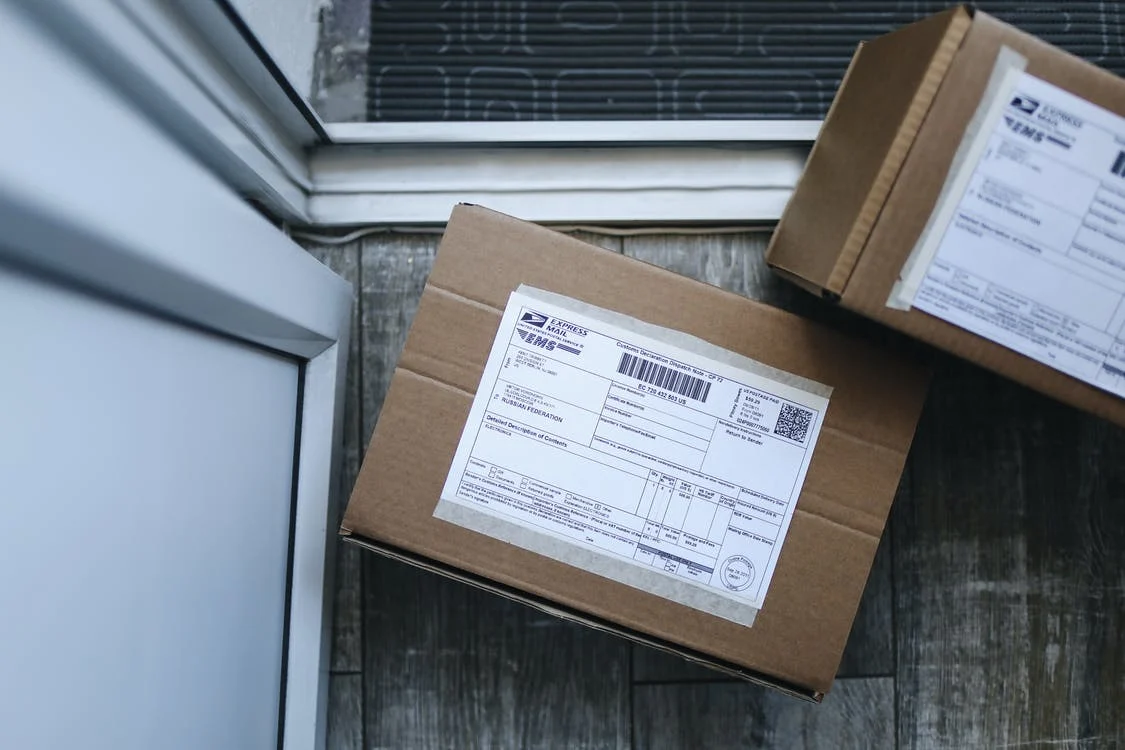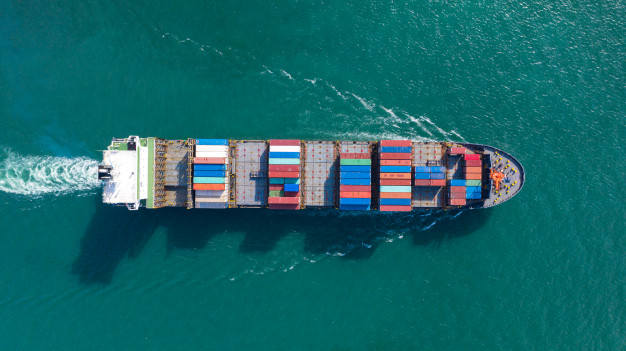How to Prevent Shipping Damage – Infographic
Shipping damage can cost any business owner a significant loss in annual gross sales. Although it can be prevented, damages on shipping can happen more often and might bring a series of detrimental effects for both the buyer and the seller.
The reputation of a brand also relies heavily on its capability to secure its products during the shipment process. For exporters, as well as those who own an eCommerce business, maintaining the pristine condition of each product before it reaches the customer must always be a priority.

Reminders for Shipping Your Products
To first step for preventing shipping damage is setting a set of goals. Your package must be able to:
- Keep the product safe despite any changes in the environment, such as temperature, humidity, etc.
- Get through the process of freight transport, order fulfillment, and last-mile delivery.
- Survive a four-foot drop (the most common height that package usually gets when dropping in transport)
Tips for Securing Your Products to Avoid Damages
Do not leave any void spaces on your package.
Having extra space in your boxes makes the products stored inside extremely prone to damages. If you’re transporting fragile products such as glassware and plates, keep in mind that it will be shaken and rattled at some point along the way, so you have to fill in the void spaces to prevent them from sustaining any cracks.
The following materials are excellent shock absorbers that you can put inside the boxes to ensure the safety of your shipment:
- Bubble wraps
- Corrugated boards
- Engineered foam
- Kraft paper
- Polybags (for preventing water damage)
Be mindful of fragile items.
In case you have to put more than one fragile item in one box, make sure that they are stored separately. Organize the interior of the box by creating partitions using corrugated boards so that each space is well divided for your products.
Label each box properly.
Indicate your fragile packages through proper labeling, so that anyone is well aware of its contents and take extra care while lifting them. This can also be applied to products that must be held in a specific position.
Purchase parcel insurance.
The most efficient measure against shipping damage would be getting parcel insurance. It doesn’t necessarily mean that shipping damage is an inevitable situation, but it’s always better to be prepared than facing the consequences later on. Parcel insurance can protect you financially from losses incurred by shipping damages, saving you from more trouble in the process.
Hire a freight forwarder
While freight forwarders are usually hired to ensure the timely arrival of shipping products and clearing most of the necessary documents, hiring one can also help you minimize the odds of getting your products damaged. Since these people are highly knowledgeable about logistics and shipping processes, they can give you expert advice on how to package your products correctly.
Excelsior Worldwide Freight Logistics conducts free orientation for those who are willing to learn. It is our advocacy to share our knowledge & experience worth more than a decade in the business. Visit our website today at www.excelsior.ph to learn more about our service.



